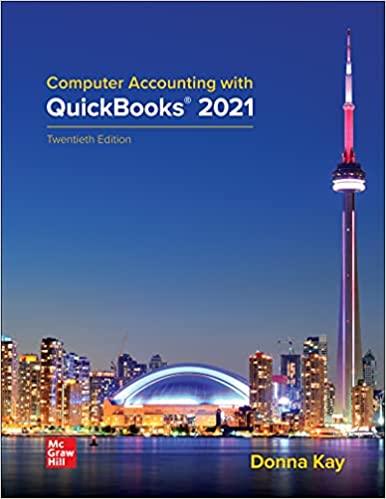Question
The manager rationally chooses low effort if paid a base salary that is independent of performance. In that case, the agency's operating costs are $200,000
The manager rationally chooses low effort if paid a base salary that is independent of performance. In that case, the agency's operating costs are $200,000 and the manager pays no effort cost, so total costs are $200,000. A bonus tied to operating costs could incentivize the manager to choose the efficient outcome, while reducing the agency's operating costs (including any bonus payments). But the bonus has to be well-designed in order to be mutually beneficial for both the manager and agency. Suppose that the manager is offered a $45,000 bonus if operating costs are low. High effort, with an effort cost of $20,000, guarantees that operating costs will be low and that the bonus is received. Medium effort, with an effort cost of $10,000, has an 80% chance of yielding low operating costs and therefore an 80% chance that the bonus is received. Low effort, with an effort cost of $0, has no chance of yielding low operating costs and therefore no chance that the bonus is received.
1.) What is the manager's gain (bonus minus effort cost) from high effort?
2.) What is the manager's expected gain (expected bonus minus effort cost) from medium effort?
3.) What effort level does the manager choose if offered a $45,000 bonus?
a.) High effort
b.) Medium effort
4.) What are the agency's costs, inclusive of any expected bonus payments, if it offers a $45,000 bonus for low operational costs?
Step by Step Solution
There are 3 Steps involved in it
Step: 1

Get Instant Access to Expert-Tailored Solutions
See step-by-step solutions with expert insights and AI powered tools for academic success
Step: 2

Step: 3

Ace Your Homework with AI
Get the answers you need in no time with our AI-driven, step-by-step assistance
Get Started


